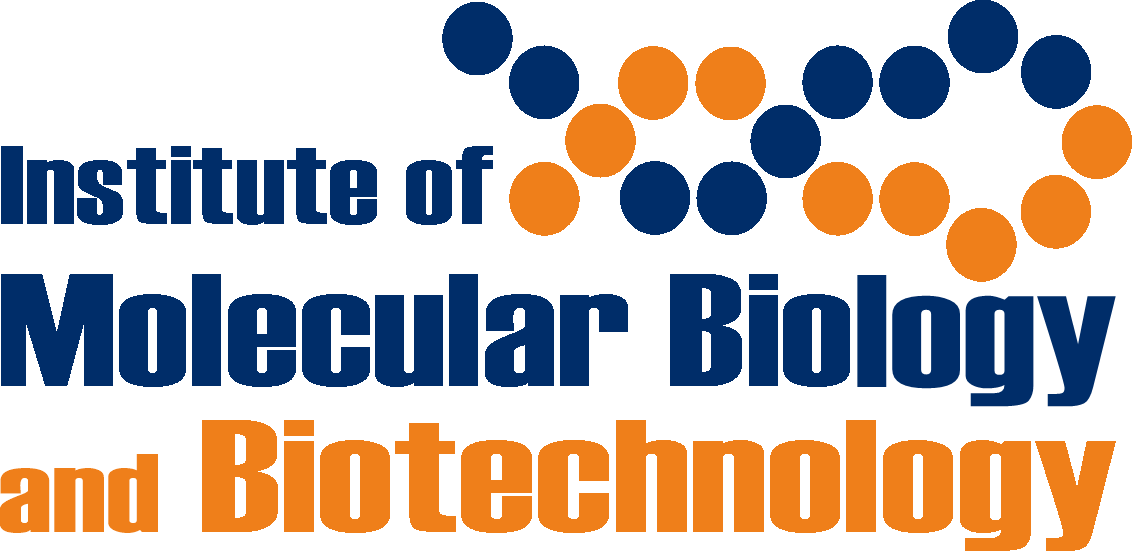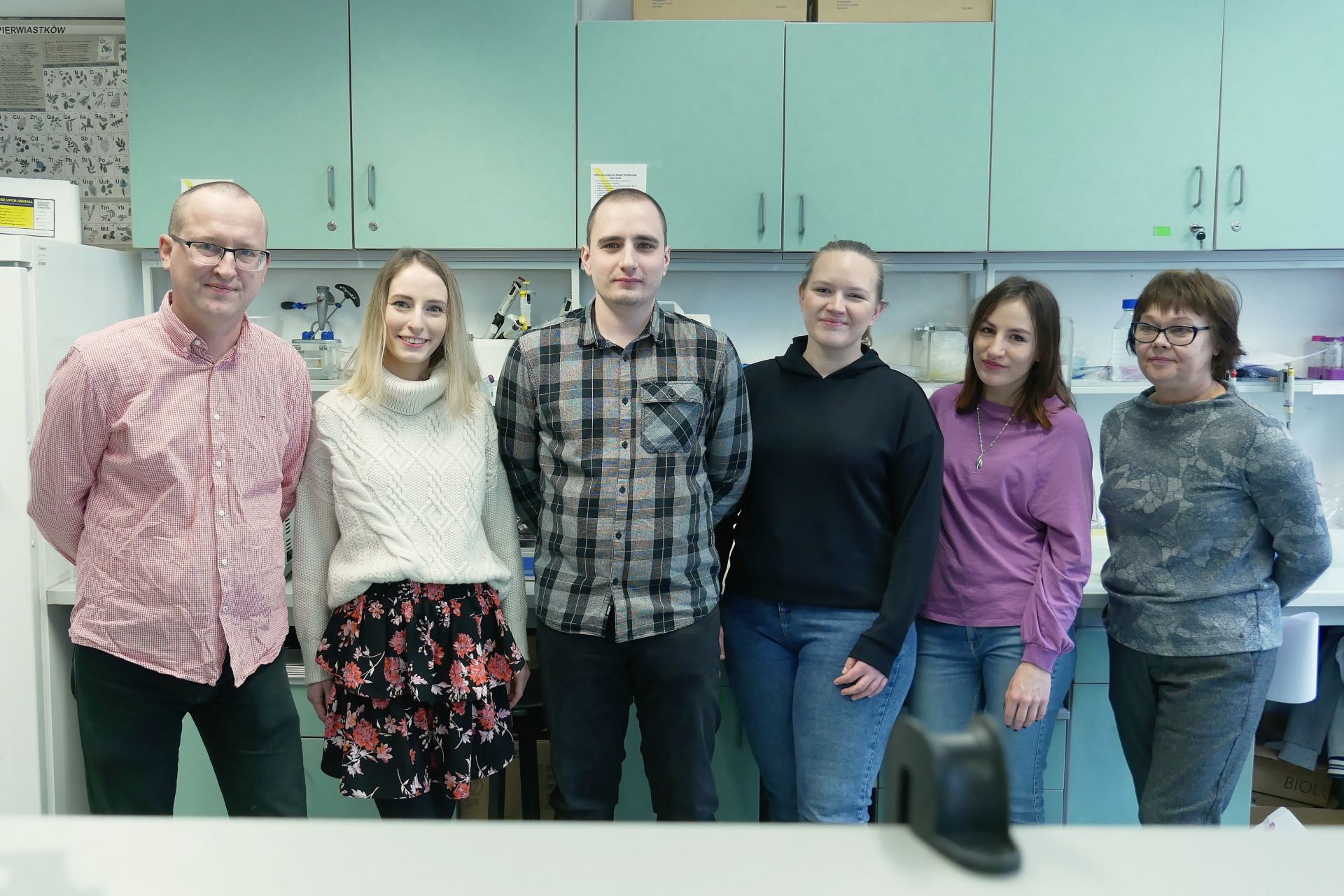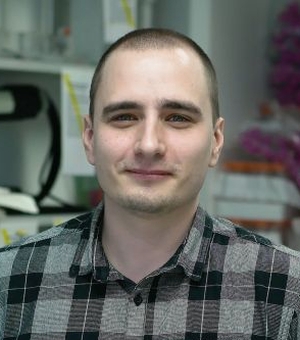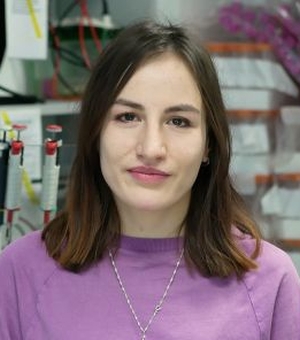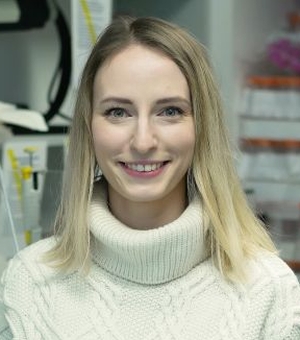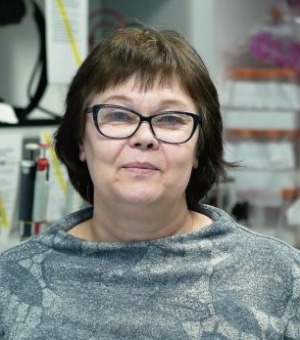Home > Structure > RNA Biochemistry Research Unit
RNA Biochemistry Research Unit
We are interested in the structure and function of bacterial small regulatory RNAs and their interactions with RNA-binding proteins, which participate in gene expression regulation.

Prof. Mikołaj Olejniczak
Principal Investigator
Research
The interests of our laboratory are focused on the roles of small regulatory RNAs (sRNAs) and RNA-binding proteins in gene expression regulation in bacteria. Small RNAs are involved in bacterial adaptation to changing environmental conditions, maintenance of cellular homeostasis, and control of bacterial virulence. Many sRNAs act by base-pairing to partly or fully complementary sequences in mRNAs, which affects mRNA translation or stability. In this process they are assisted by RNA-binding proteins. In our lab we have studied the roles of three kinds of such proteins. The first is the chaperone protein Hfq, which promotes sRNA base pairing to mRNAs in E. coli and related bacteria. The second are the FinO-domain proteins. One of them is E. coli ProQ protein, which competes with Hfq for RNA binding. Recently, we have also started studies on proteins with KH domains that bind numerous RNAs, including sRNAs, in Gram-positive bacteria. In our studies we use biochemical and molecular biology methods to understand the molecular mechanisms employed by RNA-binding proteins to contribute to RNA-dependent regulation.
Selected publications
- Biochemical and genetic dissection of the RNA-binding surface of the FinO domain of Escherichia coli ProQ. Stein EM, Wang S, Dailey KG, Gravel CM, Wang S, Olejniczak M, Berry KE RNA 29(11), 1772-1791 (2023)
- KH domain proteins: Another family of bacterial RNA matchmakers? Olejniczak M., Jiang X, Basczok MM, Storz G. Molecular Microbiology 117(1):10-19 (2022)
- Bacterial chaperone protein Hfq facilitates the annealing of sponge RNAs to small regulatory RNAs. Małecka E., Sobańska D., Olejniczak M. Journal of Molecular Biology 433(23), 167291 (2021)
- Determinants of RNA recognition by the FinO domain of the Escherichia coli ProQ protein. Stein E.M., Kwiatkowska J., Basczok M.M., Gravel C.M., Berry K.E., Olejniczak M. Nucleic Acids Research 48 (13), 7502-7519 (2020)
- The binding of Class II sRNA MgrR to two different sites on matchmaker protein Hfq enables efficient competition for Hfq and annealing to regulated mRNAs. Kwiatkowska J, Wróblewska Z, Johnson K.A.*, Olejniczak M. RNA 24(12), 1761-1784 (2018)
- ProQ/FinO-domain proteins: another ubiquitous family of RNA matchmakers? Olejniczak M., Storz G. Molecular Microbiology 104(6), 905-915 (2017)
- Analysis of ribosomal inter-subunit sites as targets for complementary oligonucleotides. Thoduka SG, Zaleski PA, Dąbrowska Z, Równicki M, Stróżecka J, Górska A, Olejniczak M, Trylska J. Biopolymers. 107(4). doi: 10.1002/bip.23004 (2017)
- Hfq assists small RNAs in binding to the coding sequence of ompD mRNA and in rearranging its structure. Wróblewska Z., Olejniczak M. RNA 22(7), 979-99 (2016)
- Structure of bacterial regulatory RNAs determines their performance in competition for the chaperone protein Hfq. Małecka E.M., Stróżecka J., Sobańska D. and Olejniczak M. Biochemistry 54, 1157-1170 (2015)
- Despite similar binding to the Hfq protein regulatory RNAs widely differ in their competition performance. Olejniczak M. Biochemistry. 50(21):4427-40 (2011)

